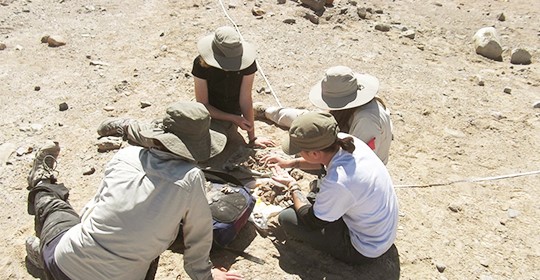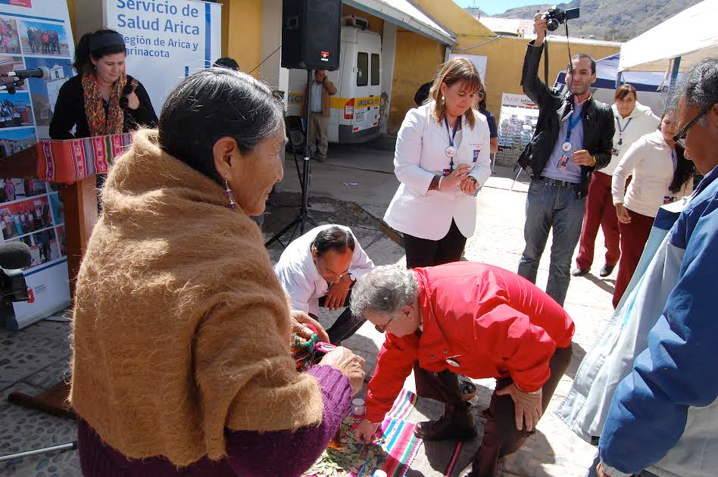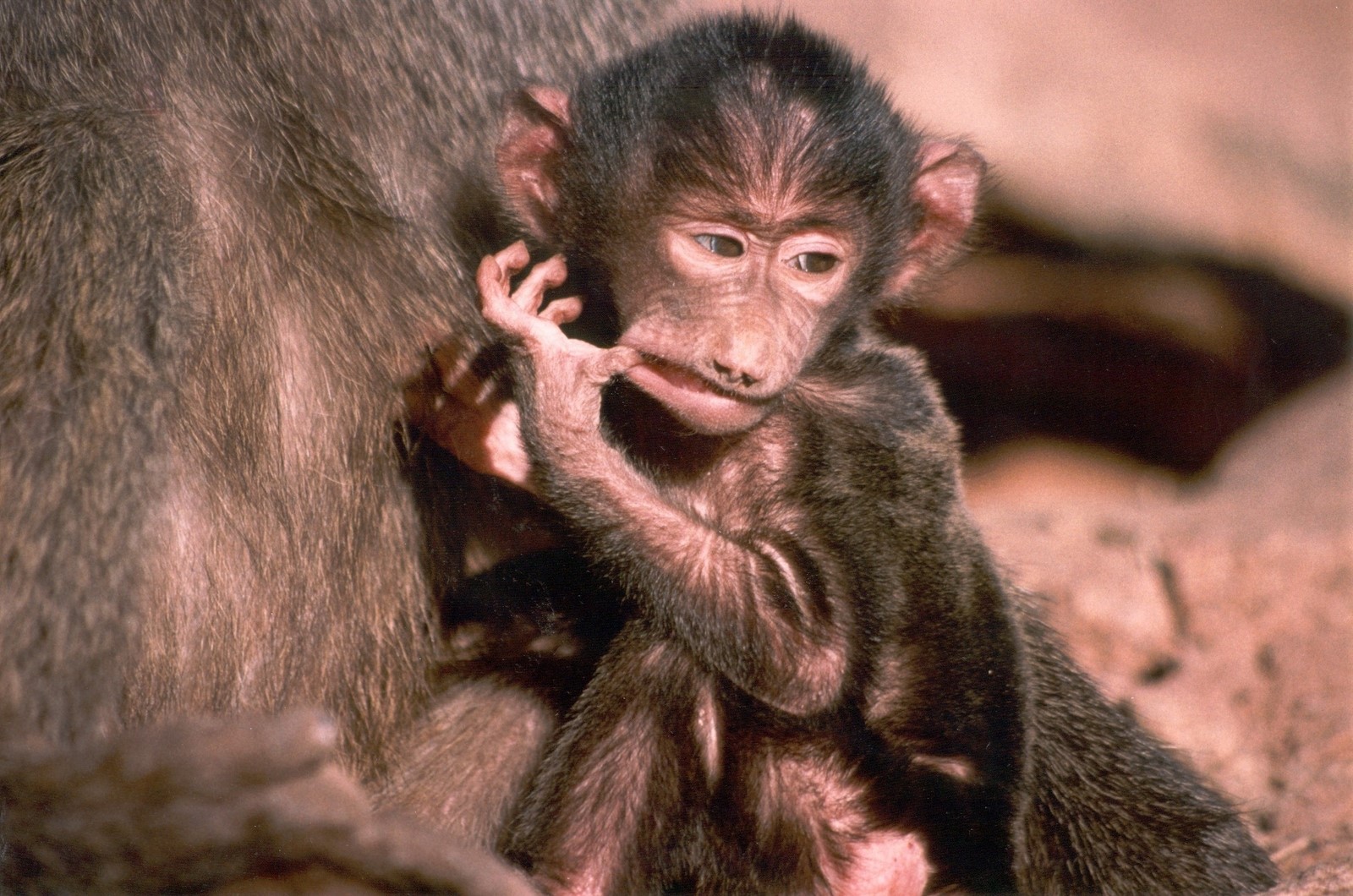Anthropology Minor Requirements (7 Courses)
Minor Overview


The Anthropology minor requires students to complete 7 courses. At least five of these courses must be upper division, and at least four should be taken at UC San Diego. All courses applied toward the minor must be taken for a letter grade of C– or better. An exception is made for one independent study course (199) or one directed group study course (198), which must be taken on a Pass/Not Pass (P/NP) basis. 
Overlaps: Lower division courses may overlap with major, minor and college requirements (unless otherwise indicated). Two upper division courses may overlap between your major and minor. Courses will overlap automatically on your degree audit. If those are not the courses you would like overlapped or there is an error, please send us a message in the VAC and we can change or delete the overlaps. You are not required to overlap any courses. Please check your degree audit for accuracy.
*Anthropology Majors are unable to add an Anthropology Minor per department policy.
Students must declare an Anthropology concentration:
- Anthropological Archaeology
- The study of human history and prehistory through excavation of sites and analysis of artifacts and other physical remains.
- Biological Anthropology
- The study of the physical development of the human species in the context of other primates.
- Sociocultural Anthropology
Core Courses (3 courses)
Three courses must all be completed from a single concentration below:
- Biological Concentration (ANBI - Minor Code: AN26)
- Archaeological Concentration (ANAR - Minor Code: AN27)
- Sociocultural Concentration (ANSC - Minor Code: AN28)
Electives (4 courses)
- The four remaining courses should be taken from the list of Anthropology courses.
- *Students may apply one Independent Research course (ANTH 197, 198, 199) towards their minor elective requirements.
- ANTH 128A & B is a two course series and will count toward two upper division elective requirements
- Two elective courses may be lower division.
- A maximum of two study abroad courses may be petitioned for credit toward the minor.
Resources
- Minor Degree Check
- Anthropology Current Course Offerings
- Anthropology Courses Catalog
- Online Course Petition Form (for petitions and pre-approval requests)
- Anthropology Facebook Page
- How do I add the minor?
-
You can apply for one of the Anthropology minors at any time by using the Major/Minor tool.
- Biological Concentration (ANBI - Minor Code: AN26)
- Archaeological Concentration (ANAR - Minor Code: AN27)
- Sociocultural Concentration (ANSC - Minor Code: AN28)
When listing courses on the application, only list course numbers and titles for courses you have already completed or are currently enrolled in. For courses not yet completed, please list as follows:
- Subject Code: ANTH
- Course No: LD or UD
- Title: Anthropology Elective
- Institution: UCSD
- Units: 4.00
- Grade Options: Letter
- What are the differences in the minors?
- Anthropological Archaeology
- The undergraduate program in anthropological archaeology incorporates comparative introductory courses; more advanced theoretical and topical courses in our areas of expertise, field schools in Jordan and Peru, and archaeologically oriented study abroad programs in Egypt, Mexico, and Central America. Undergraduate students also may gain research experience working in our laboratories or at the Museum of Man.
- Biological Anthropology
- Biological Anthropology at UC San Diego addresses the evolution of the culture-bearing capacity in humans and closely related species from a strongly comparative perspective. Humans, today, are a super-dominant species. How we got this way fires up public and scientific imaginations; yet while there are many theories and speculations about our origins none has yet provided a full explanation of our evolutionary history. The difficulties go beyond the mere facts to profound philosophical issues including ones extremely relevant to the modern human predicament. We believe that the answers can come only from the type of intra-, inter-, and cross-disciplinary collaborations we represent. We aim to understand the origins, organization complexity and socioecology of nonhuman primate societies. We explore the relationship between socioecology and the neural substrates of complex behavior in primates. We study and reconstruct subsistence strategies of humans and nonhuman primates within varied environments and social systems. We consider the constraints or consequences of food resources (energy availability) on energy expenditure and neural organization. We are involved in applying our scientific knowledge to the conservation of primate species and habitats. We emphasize bioarchaeology in reconstructing prehistoric human diet, ecology, and migration patterns. We bridge with neurosciences and cognitive science in investigating the neural substrates of cognition in humans.
- Sociocultural Anthropology
- The faculty and students in sociocultural anthropology at UC San Diego share a basic concern with the shaping and reshaping of human life. We examine the forces and structures that regulate life as well as the ways that groups of people instantiate, modify and occasionally overturn such powerful geographical and historical tendencies and logics. Among the concerns reflected in our teaching and research are: colonial and imperial relations; capitalist restructuring and state transformation; rivalries around definitions of progress and development; shifts in paradigms of knowledge production as well as ethical and aesthetic benchmarks; struggles over how to mark and record competing histories, memories and desires, and the uneven patterning of life around such distinctions as age, ethnicity, citizenship, gender, nationalism, race, religion, and sexuality.
See what research our faculty are currently involved in!
- Prerequisite Clearance
- If you are a lower division student who is in good academic standing and interested in enrolling in an upper division course, please submit a Course Pre-auth Request.
- Do you have more questions?


